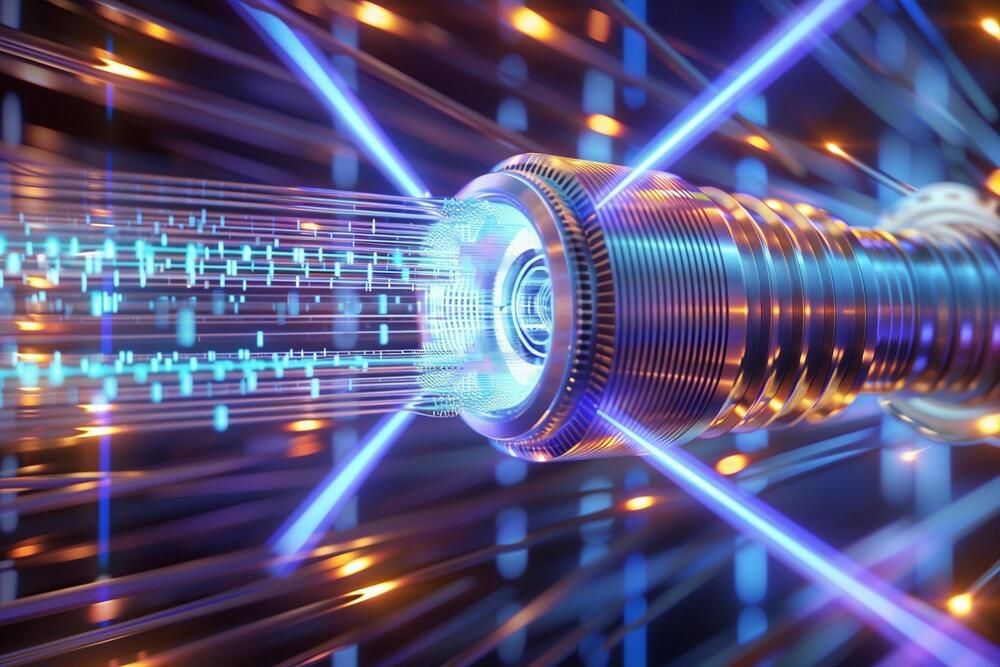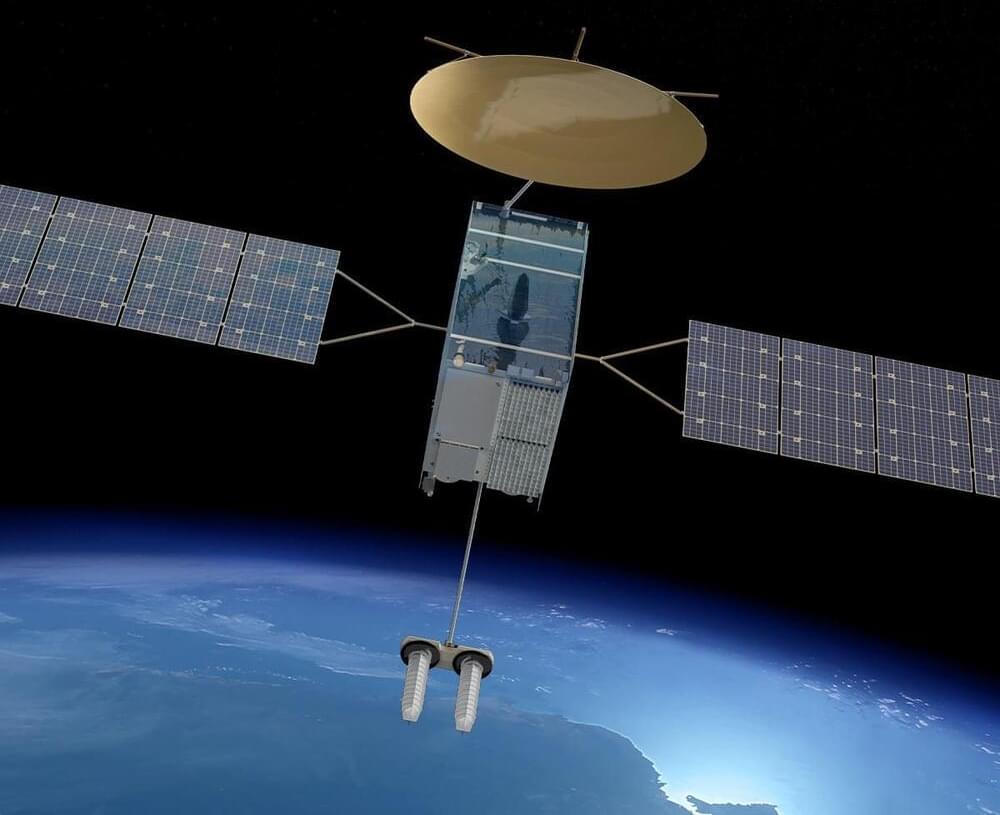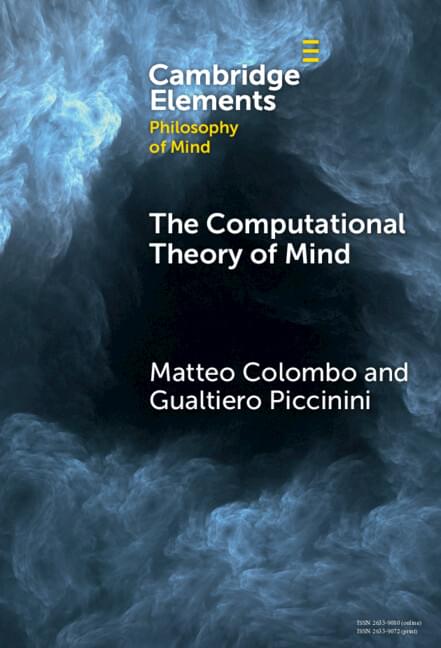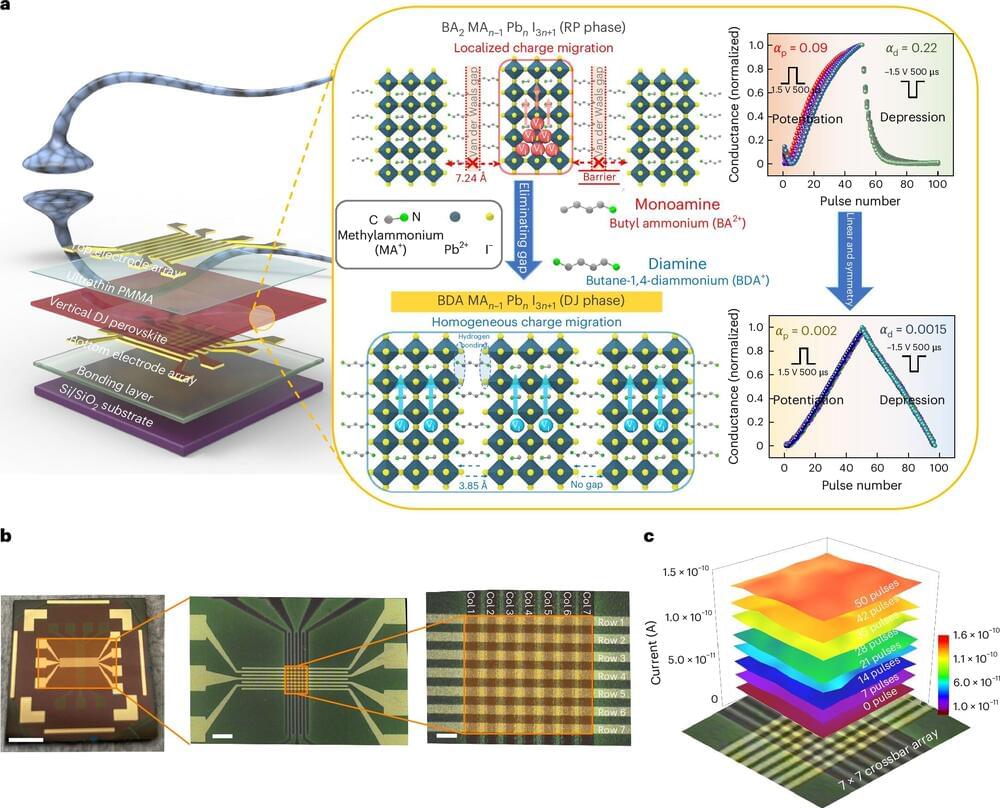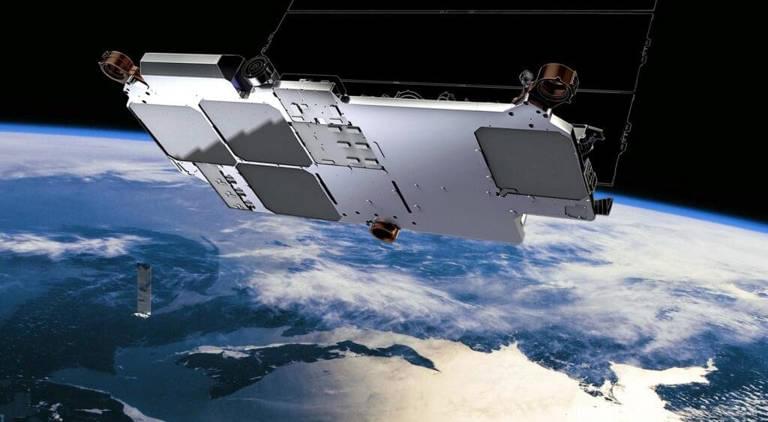A new all-optical switch uses circularly polarized light and an innovative semiconductor to process data faster and more efficiently in fiber-optic systems.
This technology facilitates significant energy savings and introduces a method to control quantum properties in materials, promising major advancements in optical computing and fundamental science.
Modern high-speed internet relies on light to transmit large amounts of data quickly and reliably through fiber-optic cables. However, when data needs to be processed, the light signals face a bottleneck. They must first be converted into electrical signals for processing before they can continue being transmitted.
